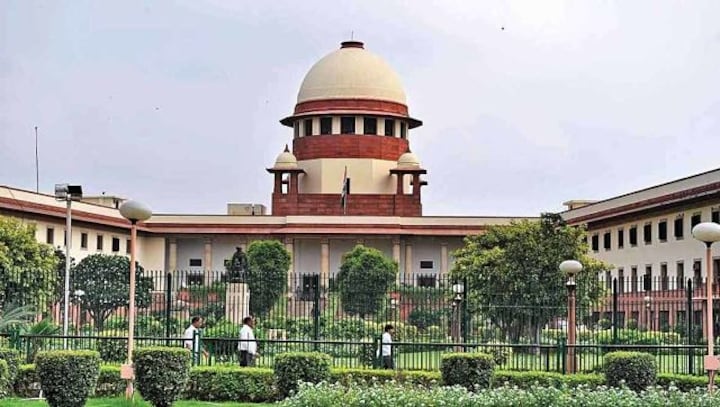Courts
Recent Highlights
All Stories for Courts

Supreme Court is about to score an own goal in Prashant Bhushan case; jailing him will turn 'dissident' into public hero
Ajay Kumar •The only way for the Supreme Court to save face right now is if Bhushan apologises. If they don't sentence him for contempt, the message sent would be that the Court bowed to public pressure. If they do, then Bhushan becomes a hero and photos of him happily walking into prison are on the front page of every newspaper.

From vigilance on public health to revamp of judicial systems, coronavirus pandemic can bring about far-reaching changes
Vishavjeet Chaudhary •The coronavirus lockdown is perhaps the most testing time that India, and indeed the world, has seen in peace time.

From temples to royal courts, and the proscenium stage: A social history of Indian performance spaces
Sammitha Sreevathsa •A proscenium stage born in the West posits a distance between audience and performer to offer a visual experience. Yet, why is it that classical dance, which vehemently claims its origins in a text on Indian aesthetics, most widely performed on a proscenium stage? The history of performance spaces in India is a deeply sociological one.

Hindi becomes third official language in Abu Dhabi courts; move aims to improve access to justice
•Abu Dhabi has included Hindi as the third official language used in its courts, alongside Arabic and English, in order to to improve access to justice

Project JANA docu-series | How long do non-judicial bodies take to resolve disputes?
Fp Staff •A court case is a lengthy procedure, and the delay in justice is the primary reason people approach non-judicial bodies. This film, part of the documentary series Justice, Access, and the Nation’s Approaches (JANA), compares the time taken in dispute resolution by judicial and non-judicial bodies across India.

Project JANA docu-series | What is the definition of justice for non-judicial bodies?
Fp Staff •This film is a part of a documentary series Justice, Access, and the Nation’s Approaches (JANA), which examines the working of non-judicial bodies across India. Through interviews of various representatives of judicial and ad hoc systems, this particular part in the documentary explores what 'justice' means to various judicial and non-judicial bodies.

Project JANA docu-series | How do non-judicial bodies resolve disputes compared to courts?
Fp Staff •The film features interviews of members of various non-judicial organisations, who suggest that reaching an amicable resolution between involved parties is their primary goal.

Project JANA docu-series | What kind of disputes do non-judicial bodies have to deal with?
Fp Staff •This film attempts to understand the nature of disputes that non-judicial bodies have to deal with. It features interviews with members of various non-judicial organisations, such as khap panchayats, religious authorities, political parties, village panchayats, and representatives of the formal justice system.

Project JANA docu-series | Why do people approach non-judicial bodies instead of courts?
Fp Staff •The film features interviews with members of various non-judicial organisations, such as khap panchayats, religious authorities, political parties, village panchayats, and representatives of the formal justice system, through which it explores the major factors that drive litigants to seek help from non-judicial bodies.

How do people resolve disputes, if not through courts? Docu-series Project JANA examines non-judicial bodies in India
Fp Staff •The films in this video documentary, Project JANA, record the responses of these representatives to questions such as the nature of disputes addressed by these bodies, how they define the concept of justice, the reasons why litigants chose them over the courts, and so on. In doing so, the films highlight the various pathways to justice in India and the reasons for people’s choices. Thus, ‘Justice, Access, and the Nation’s Approaches’ (JANA).



